
Yasemin Saplakoglu
Yasemin is a staff writer at Live Science, covering health, neuroscience and biology. Her work has appeared in Scientific American, Science and the San Jose Mercury News. She has a bachelor's degree in biomedical engineering from the University of Connecticut and a graduate certificate in science communication from the University of California, Santa Cruz.
Latest articles by Yasemin Saplakoglu

The pandemic broke the CDC. New director will try to fix it.
By Yasemin Saplakoglu published
The incoming CDC director has a lot of work to do, and she knows it.

2 infants inhaled cancer cells from mothers during birth
By Yasemin Saplakoglu published
The infants who were born to mothers with cervical cancer may have developed lung cancer after "aspirating" tumor cells
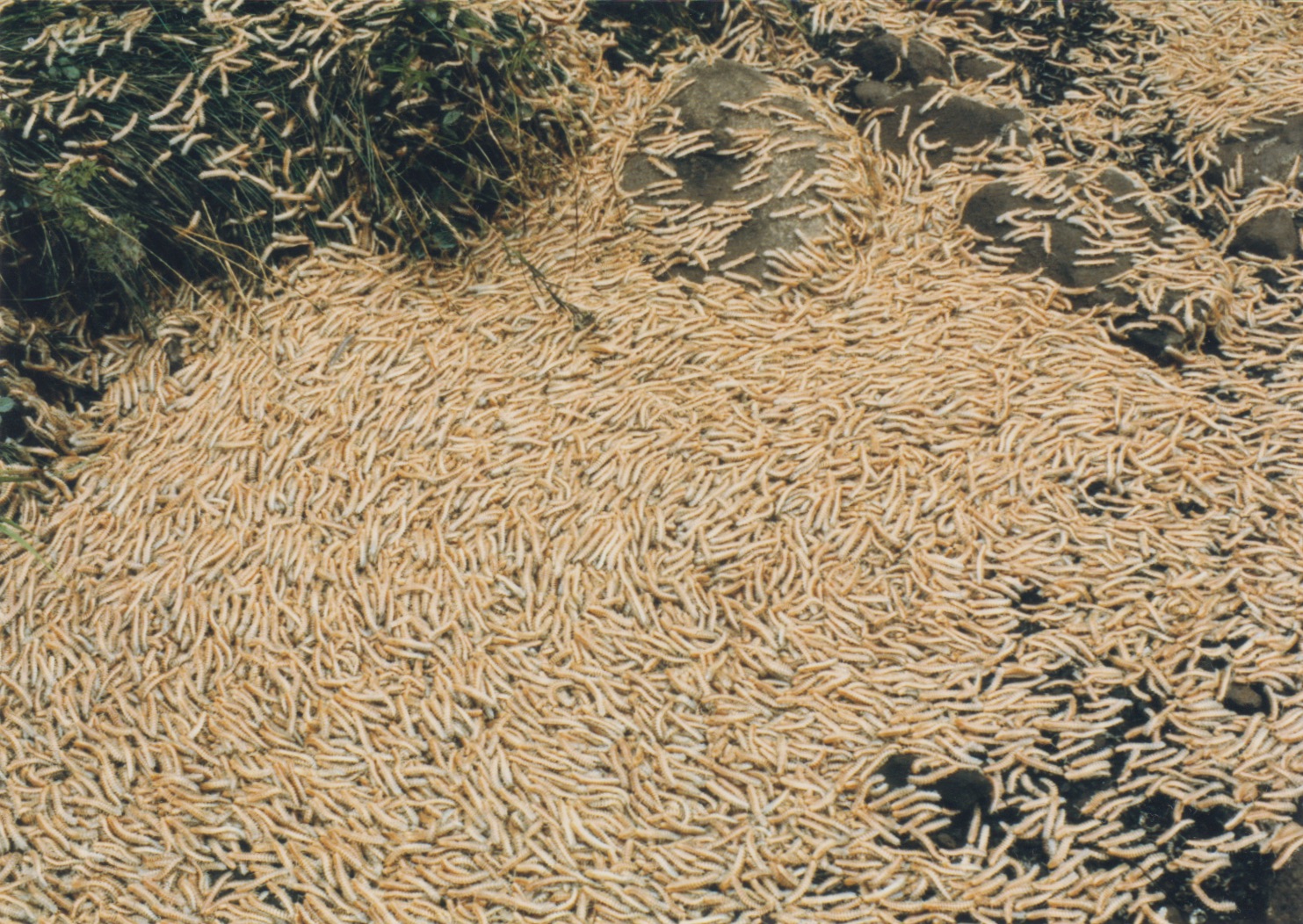
Mystery of massive, train-stopping millipede swarms solved
By Yasemin Saplakoglu published
For over a century, hundreds to thousands of poisonous millipedes have swarmed train tracks in the thick, forested mountains of Japan, forcing trains to grind to a halt
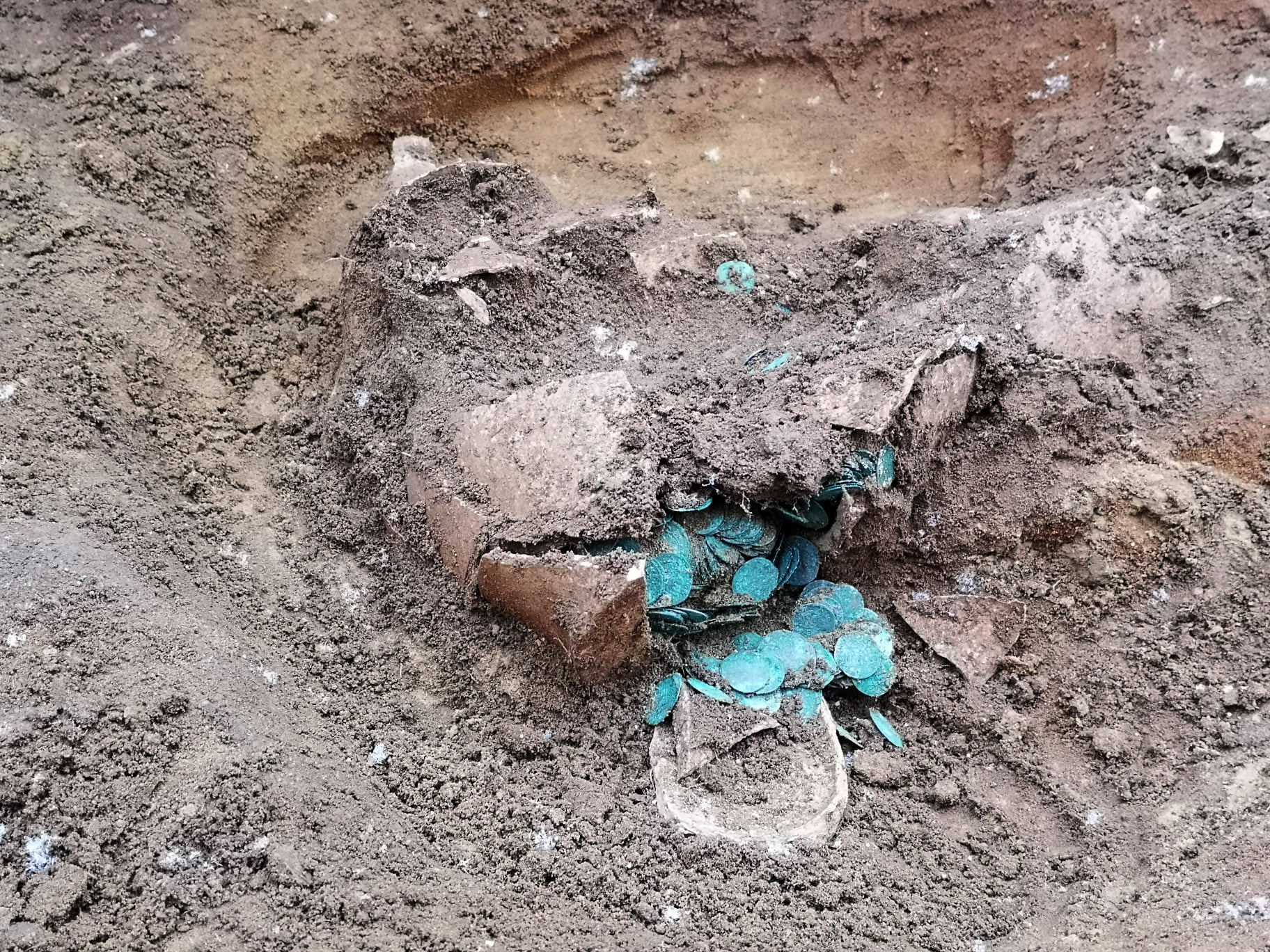
Stash of late medieval gold coins discovered on a farm in Hungary
By Yasemin Saplakoglu published
In the 16th century, an attack from the Ottoman Empire may have prompted panicked Hungarians to bury a stash of valuable silver and gold coins.

Could the novel coronavirus one day become a common cold?
By Yasemin Saplakoglu published
One day, the pandemic will end. Scientists don't know how that finale will play out but a new model offers a teaser.
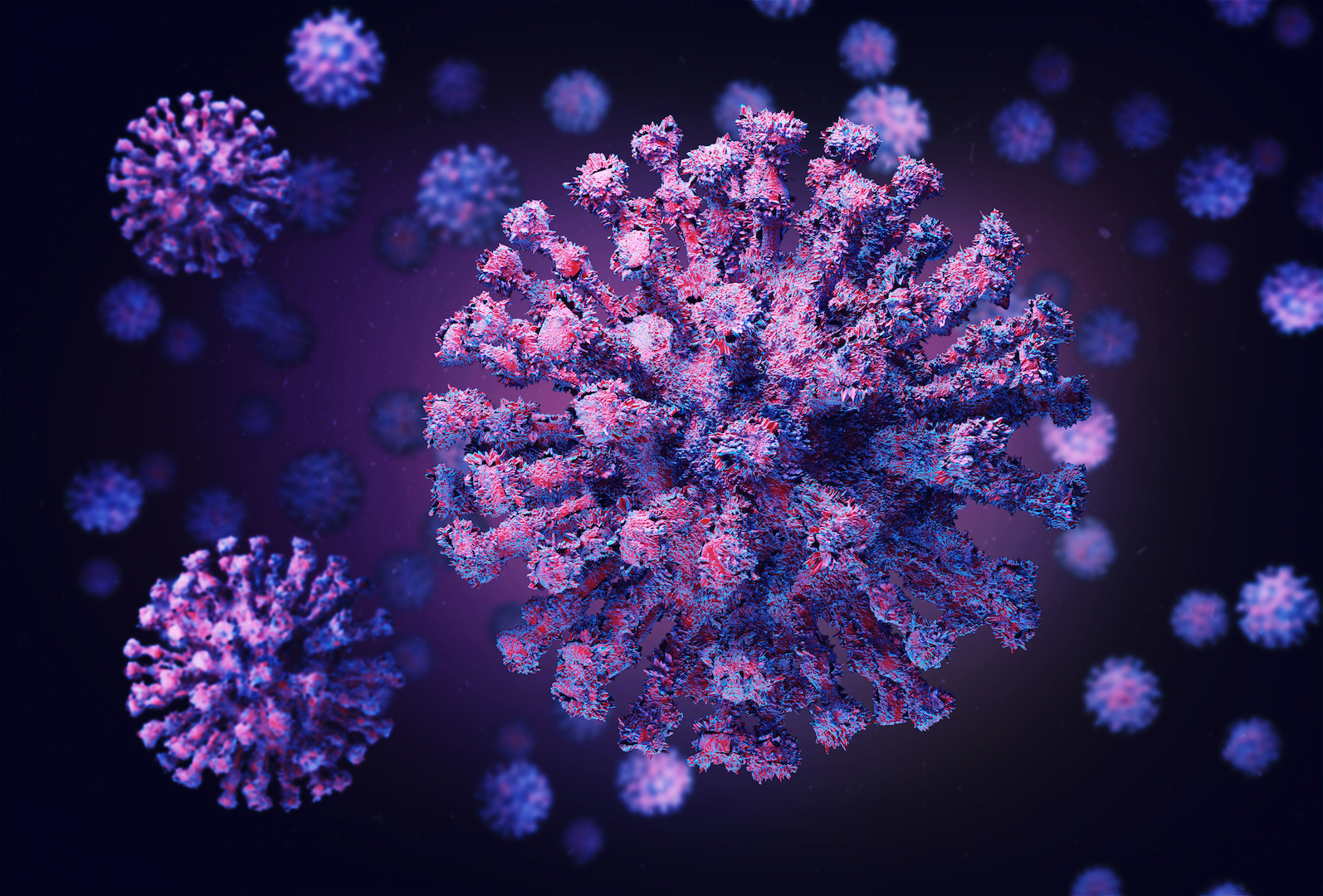
Coronavirus outbreak: Live Updates
By Yasemin Saplakoglu, Rachael Rettner published
Pandemic news from around the world.

Coronavirus origins will be investigated by WHO team arriving in China this week
By Yasemin Saplakoglu published
A little over a year after the World Health Organization first announced a string of mysterious illnesses, the agency will travel to their point of origin to investigate how it all started.
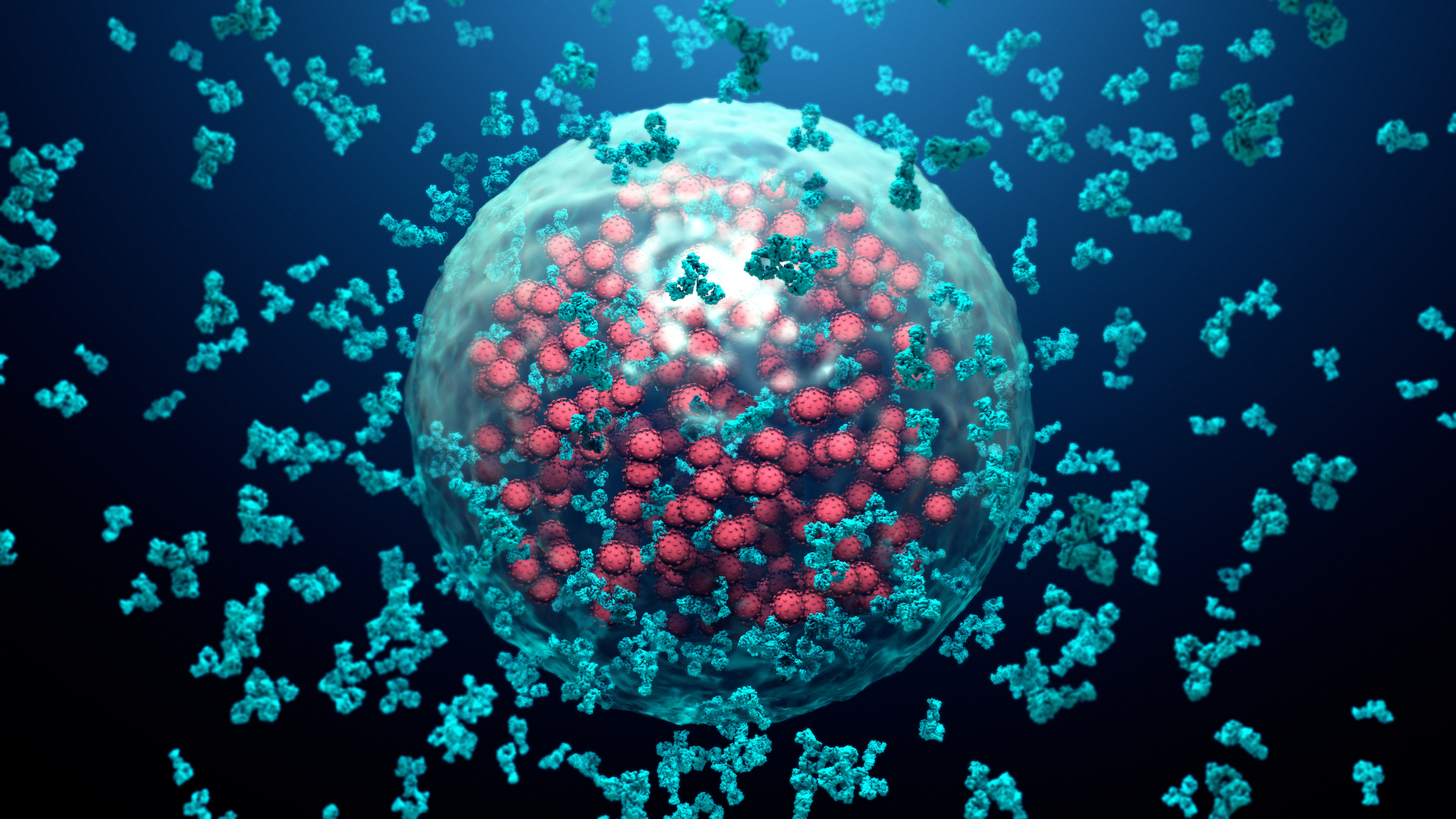
Pfizer vaccine works against coronavirus mutation in UK and S. Africa variants
By Yasemin Saplakoglu published
A key mutation increase the ability of the virus to bind to human cells, but Pfizer's vaccine still works against it.

Top skywatching events to look forward to in 2021
By Yasemin Saplakoglu published
Eclipses and other phenomena in the night sky have captivated people since ancient times.

10 science records broken in 2020
By Yasemin Saplakoglu published
From the longest bird flight to the oldest identical twins, 2020 was filled with record-breaking science.

Humans are destroying our 'perfect planet,' Attenborough says
By Yasemin Saplakoglu published
A new series explores the powerful natural forces that work together to sculpt and support life on our fragile pale blue dot.

What's causing rare allergic reactions to Pfizer's vaccine?
By Yasemin Saplakoglu published
Several severe allergic reactions that were reported among hundreds of thousands of people vaccinated with the Pfizer-BioNTech coronavirus vaccine last week.

1st dose of COVID-19 vaccine given in New York
By Yasemin Saplakoglu published
On Monday (Dec. 14), the very first doses of Pfizer's COVID-19 vaccine was given in the U.S., marking the start of a long campaign to vaccinate the U.S. public.
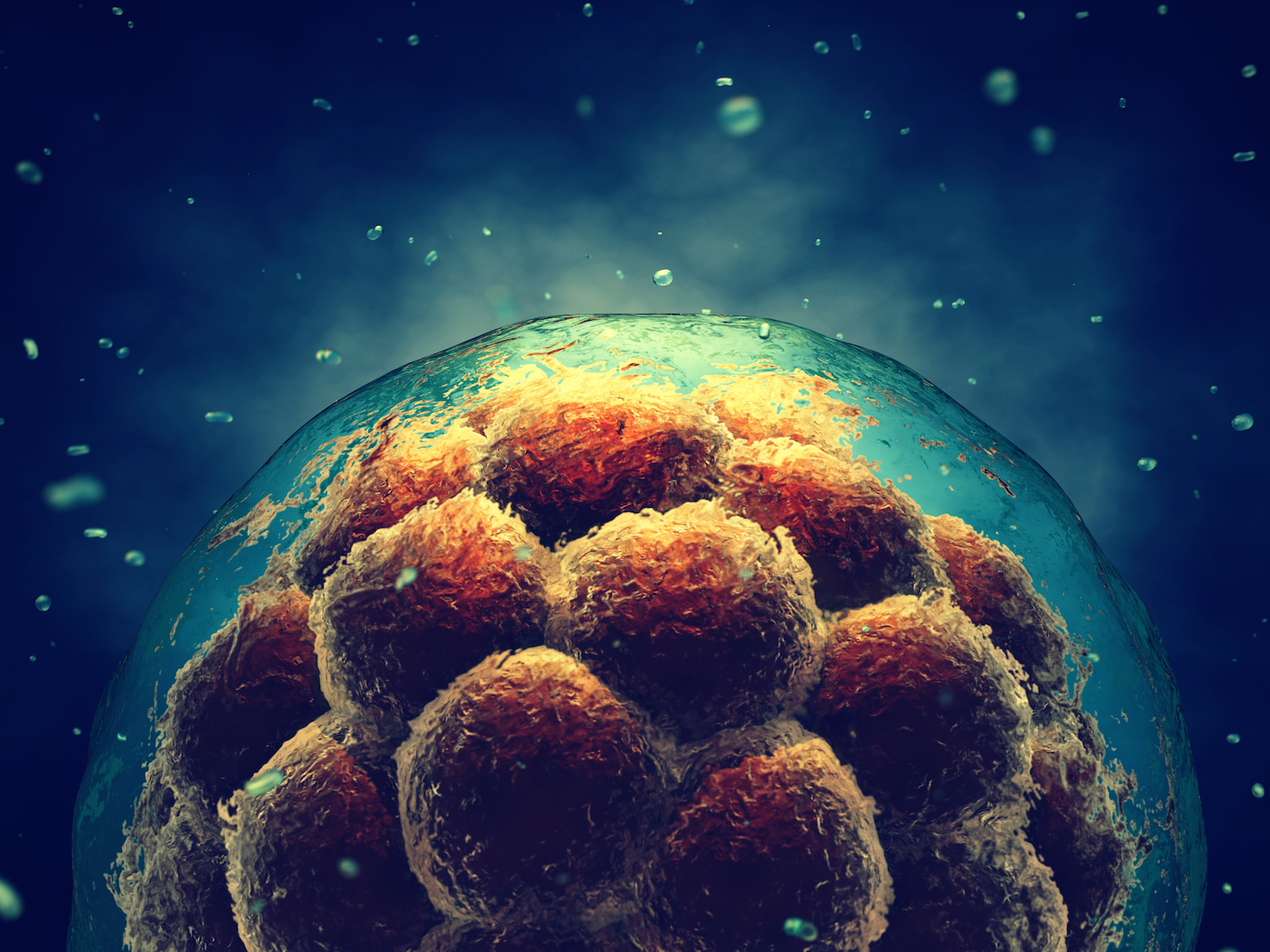
How long can human embryos stay frozen?
By Yasemin Saplakoglu published
Hypothetically, an implanted embryo could be older than the woman who gives birth to it.

COVID-19 vaccines: The new technology that made them possible
By Yasemin Saplakoglu published
Here's how mRNA vaccines work, and why they could make such a difference for vaccine development.

Your skin should be toxic to ticks. Here's why it's not.
By Yasemin Saplakoglu published
A toxin from an ancient bacteria helps ticks survive and transmit Lyme disease to the humans they feed on, a new study finds.

People with significant allergies should avoid Pfizer COVID-19 vaccine, UK warns
By Yasemin Saplakoglu published
This comes after two National Health Service members developed allergic reactions to the vaccine on Tuesday.

Microwave pulses caused bizarre ‘Havana syndrome,’ report suggests
By Yasemin Saplakoglu published
A string of unexplained illnesses in Cuba, China and elsewhere was likely caused by directed, pulsed radio frequency energy, according to a government report.

UK approves Pfizer's coronavirus vaccine
By Yasemin Saplakoglu published
The first doses of Pfizer's coronavirus vaccine will likely roll out in the U.K. next week.

Moderna's coronavirus vaccine is highly effective, final analysis shows
By Yasemin Saplakoglu published
New data from Moderna's phase 3 trial confirm that the vaccine is highly effective and protects against severe disease.

Here are the most promising coronavirus vaccine candidates out there
By Yasemin Saplakoglu published
Scientists around the world are creating dozens of unique vaccine candidates to fight the novel coronavirus — and they're doing it at unprecedented speeds.
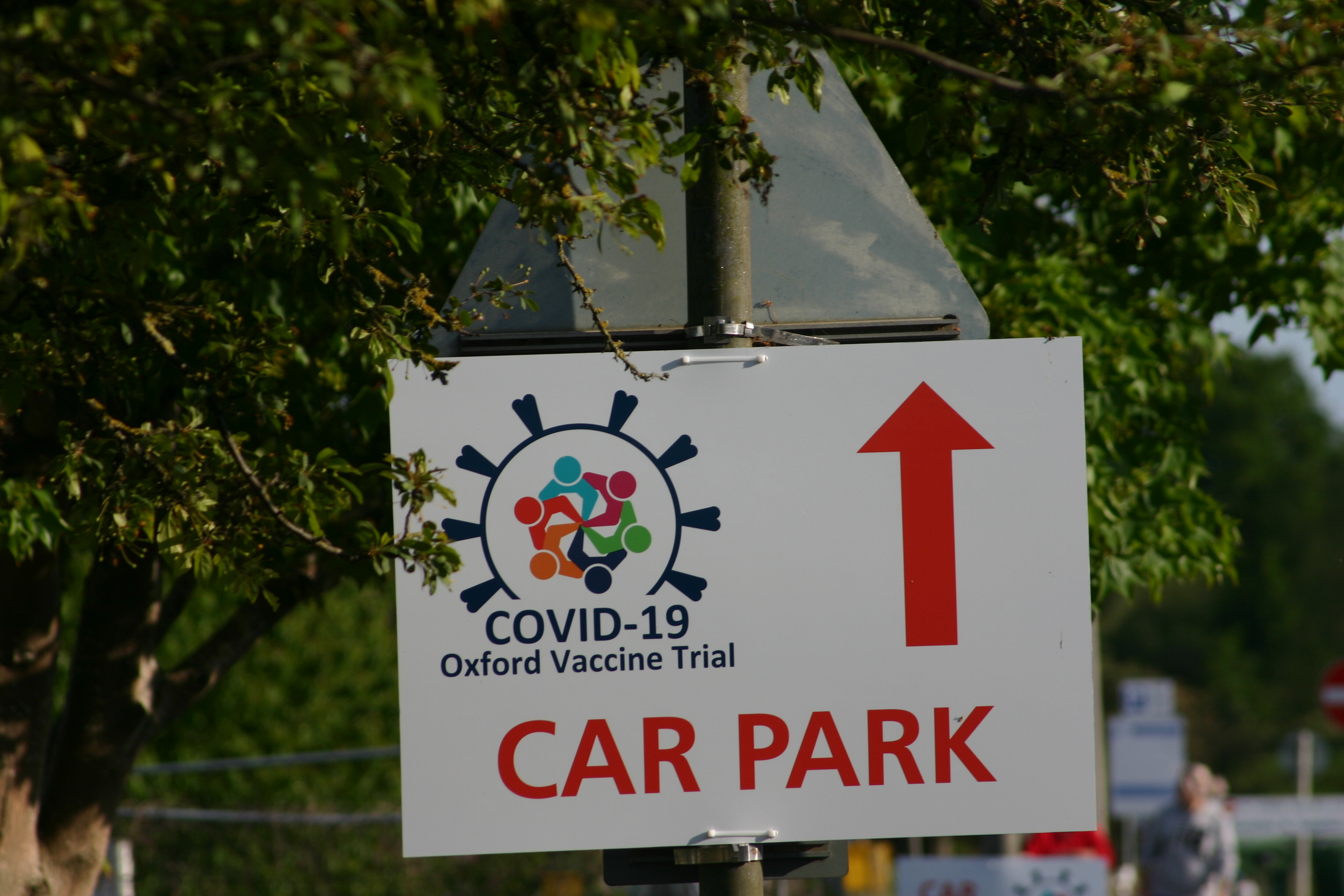
Oxford COVID-19 vaccine up to 90% effective (with the right dose)
By Yasemin Saplakoglu published
A third major coronavirus vaccine candidate has revealed promising results in late-stage trials.
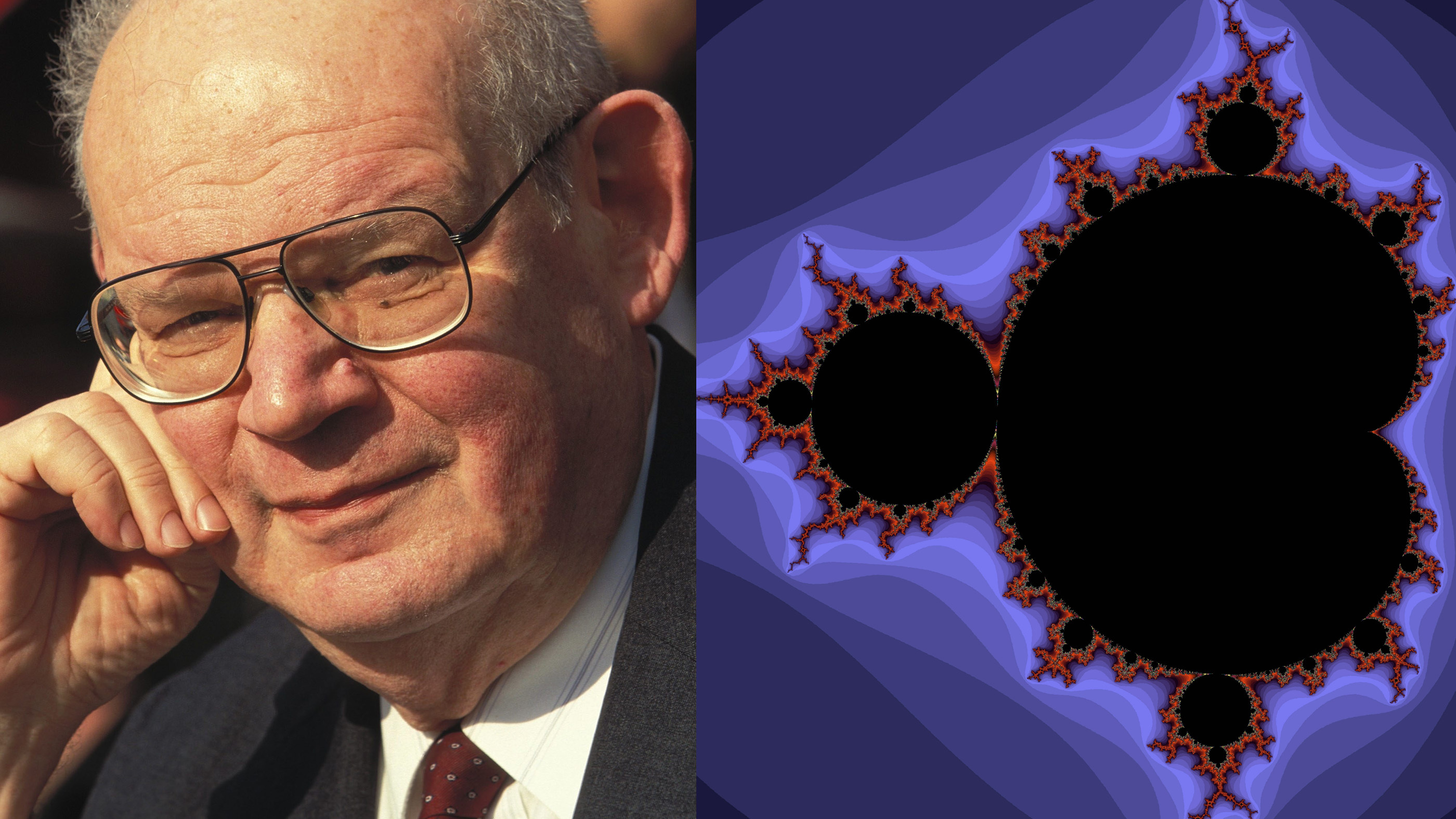
Happy birthday to Benoit Mandelbrot, the discoverer of fractals
By Yasemin Saplakoglu published
He is known as the "father of fractals" for having discovered one of the most important patterns in nature.
Sign up for the Live Science daily newsletter now
Get the world’s most fascinating discoveries delivered straight to your inbox.


